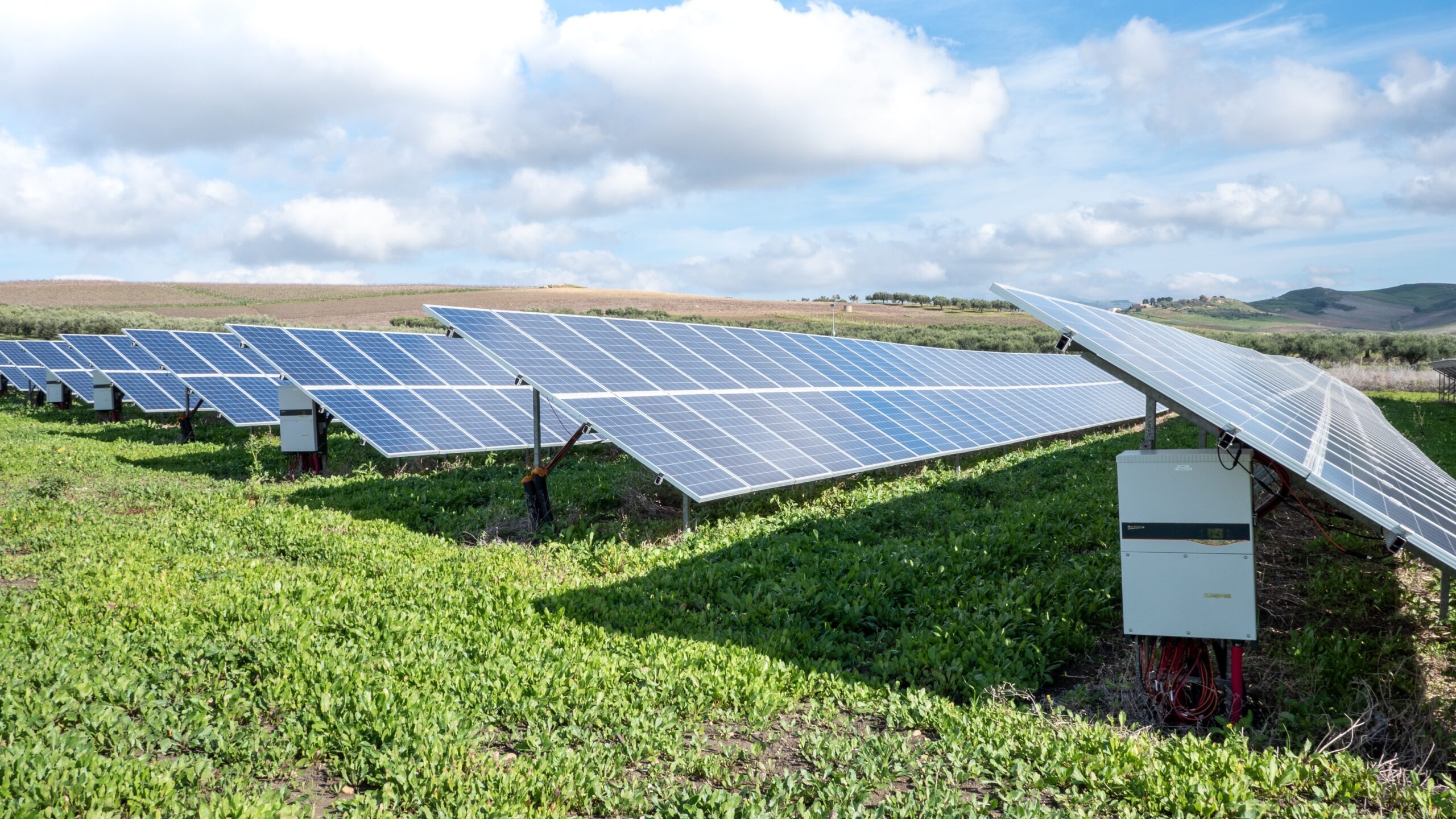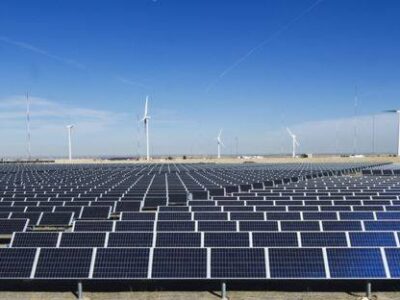Maine has made a solid commitment to clean energy having passed a series of bipartisan laws last year that set the stage for an ambitious goal: reducing global warming emissions by 80 percent by the year 2050.
So perhaps it’s no surprise that E2Tech, an organization focused on Maine’s environmental and energy technology economy, recently sponsored a series of virtual talks about clean energy and STEM careers (science, technology, engineering, and math) aimed at middle and high school students.
The sessions take place on Friday afternoons over Google Hangouts and feature complex topics such as electric rate design and hydropower permitting. Recent speakers have included a virtual reality designer, an environmental scientist focused on renewable energy consulting and an “ocean engineer” specializing in maritime certifications and approvals.
The idea behind the program is to introduce students to career paths and opportunities they may not have considered or even heard of. “I just want them to know what’s possible,” said Marty Grohman, executive director of E2Tech.
Grohman stresses to students that many of these professionals did not plan to end up in their respective fields. Career paths are rarely straight lines, and to demonstrate this point, Grohman asks guest speakers about their first jobs. One started working at a bowling alley, another at a turkey farm, and another at a bakery.
Although the virtual talks began as a response to school closings, the online format has allowed students from all over the state to join. Virtual programming is particularly beneficial to students in rural areas where in-person events may be difficult to schedule.
Moving online has even given students from other states the opportunity to join in the programming. During a recent session, seventh-grader Wyatt Smith logged on from Virginia. His dad currently works at the Pentagon, but the family will soon be moving to Maine where his dad will pursue a clean energy career.
Tenth grader Emily Segal of Portland also participated in a recent talk featuring two professionals from the Ocean Renewable Power Company. The pair discussed their experiences bringing an electricity-generating underwater turbine to a remote Alaska town. “It kind of escaped my mind that sustainability can be used to power remote villages and places,” Segal said. “Clearly, shipping diesel across the United States is very expensive and very harmful to the environment. So of course doing something for a remote town or village would be really smart.”
Robin Tiller, a science teacher at Biddeford Middle School, made E2Tech’s virtual talks optional for her students. “This is really nice,” she said, “because students go to attend an event and be exposed to professionals in STEM careers that they might not have encountered otherwise.”
Grohman expects to continue the online career sessions through the end of the summer and possibly beyond.
Although Maine has made great strides in lowering emissions, there’s still more the Pine Tree state can do to reduce its reliance on non-renewable energy sources. According to the U.S. Energy Information Administration, nearly two-thirds of Maine households use fuel oil for home heating, a larger share than any other state. And the Natural Resources Council of Maine reports the state gets three-quarters of its electricity from fossil fuels. A host of new initiatives are set to tackle these statistics.
Interest in solar power is on the rise, and even though Maine has a cold climate, it actually receives 33 percent more sunshine than Germany, the current world leader in solar energy. Towns and businesses are finding that solar power is both a reliable energy source, and it can also reduce energy costs, making it an economically beneficial choice.
The state has also introduced policies aimed at reducing pollution. Local legislators instituted a tax on carbon emissions from power plants and has thus seen the rate of its emissions fall by 41% since 2005, three times faster than the country as a whole. Maine is also part of the U.S. Climate Alliance, a cohort of states committed to following the Paris Climate Agreement. And according to the Natural Resources Council, Maine is working with other states on a regional transportation plan that could significantly reduce carbon emissions from vehicles as well as give citizens alternative modes of transportation.
Earlier this year, the New England Clean Energy Council (NECEC) sponsored Maine Clean Energy Day, an event meant to “showcase the growing vitality of the clean energy industry and the importance of consistent policy support.” Bringing together legislators and clean energy professionals, the event included a presentation on the state of clean energy in the region as well as a discussion of current obstacles and opportunities.
Lawmakers are considering a host of clean energy bills including encouraging more electric school buses, creating tools for commercial building owners to finance clean energy improvements and implementing energy-efficient appliance standards. And the Natural Resources Council of Maine has outlined a series of priorities for 2020 such as adopting a strong climate action plan and increasing energy efficiency of homes and businesses.
If this region-wide focus on clean energy continues, there will be consistent job opportunities available to students in the renewable energy sector. And if E2Tech’s online career days are any indication, local leaders are committed to helping students prepare for these exciting future careers.





